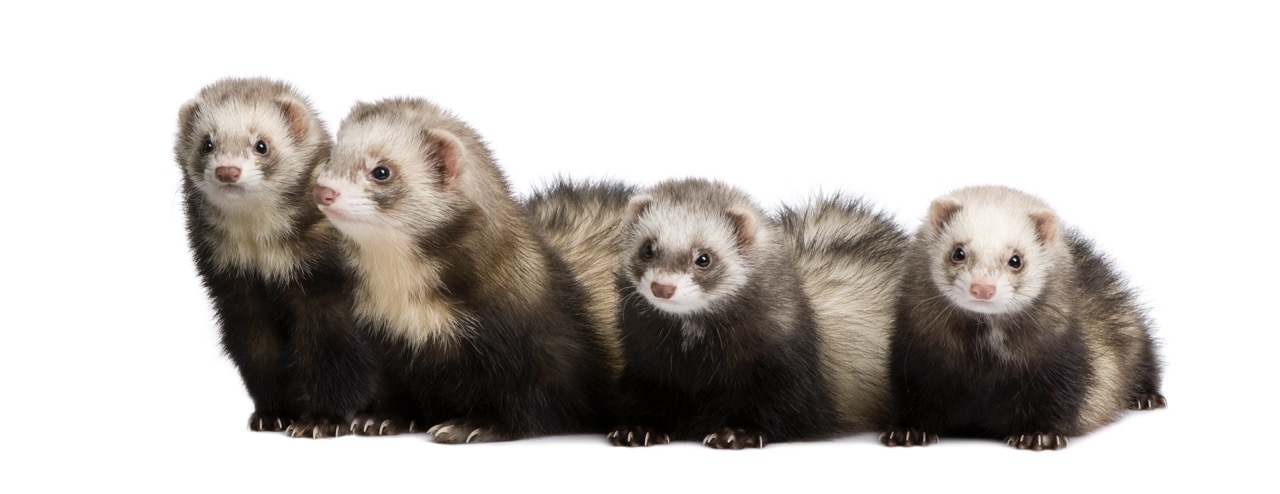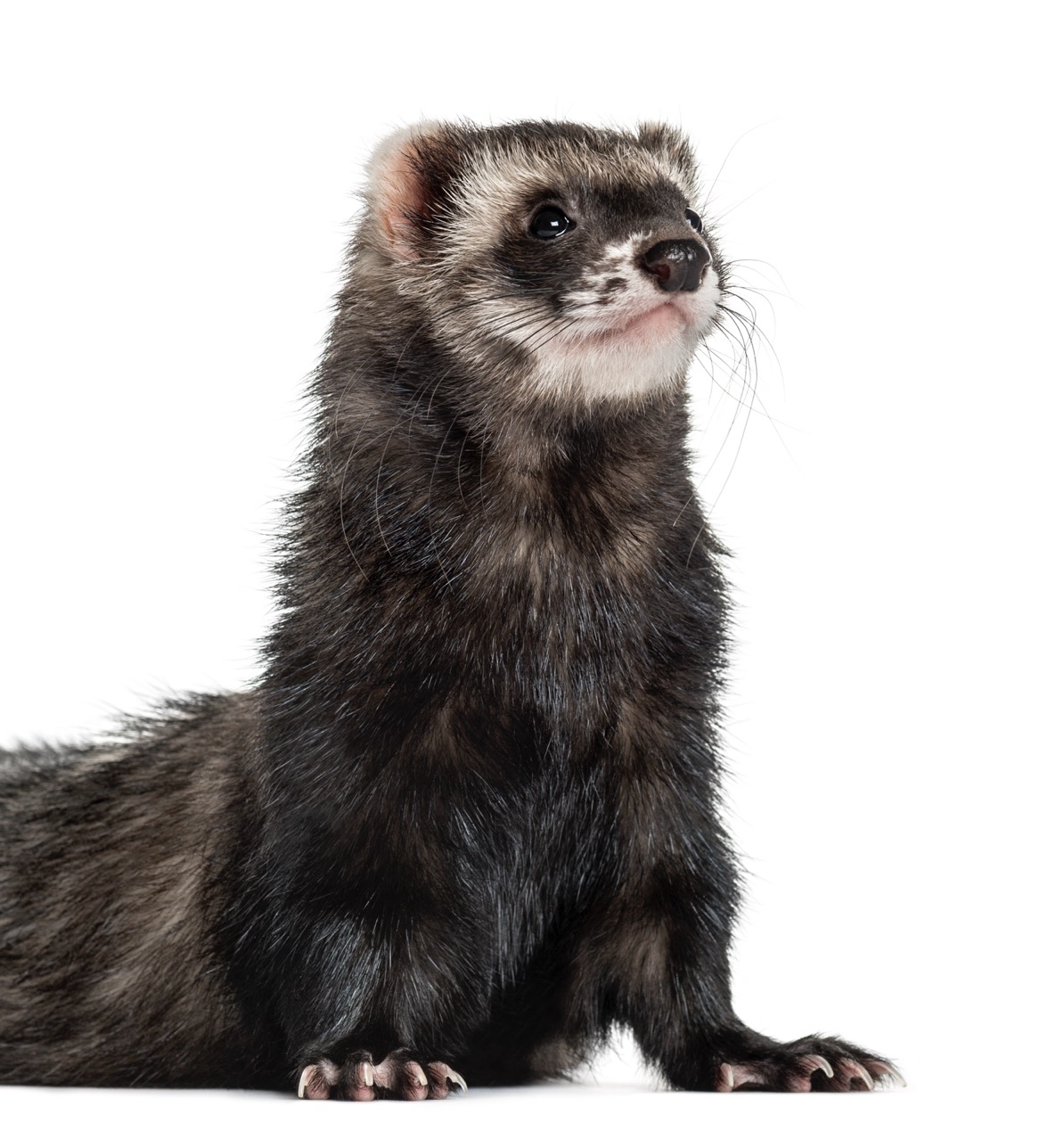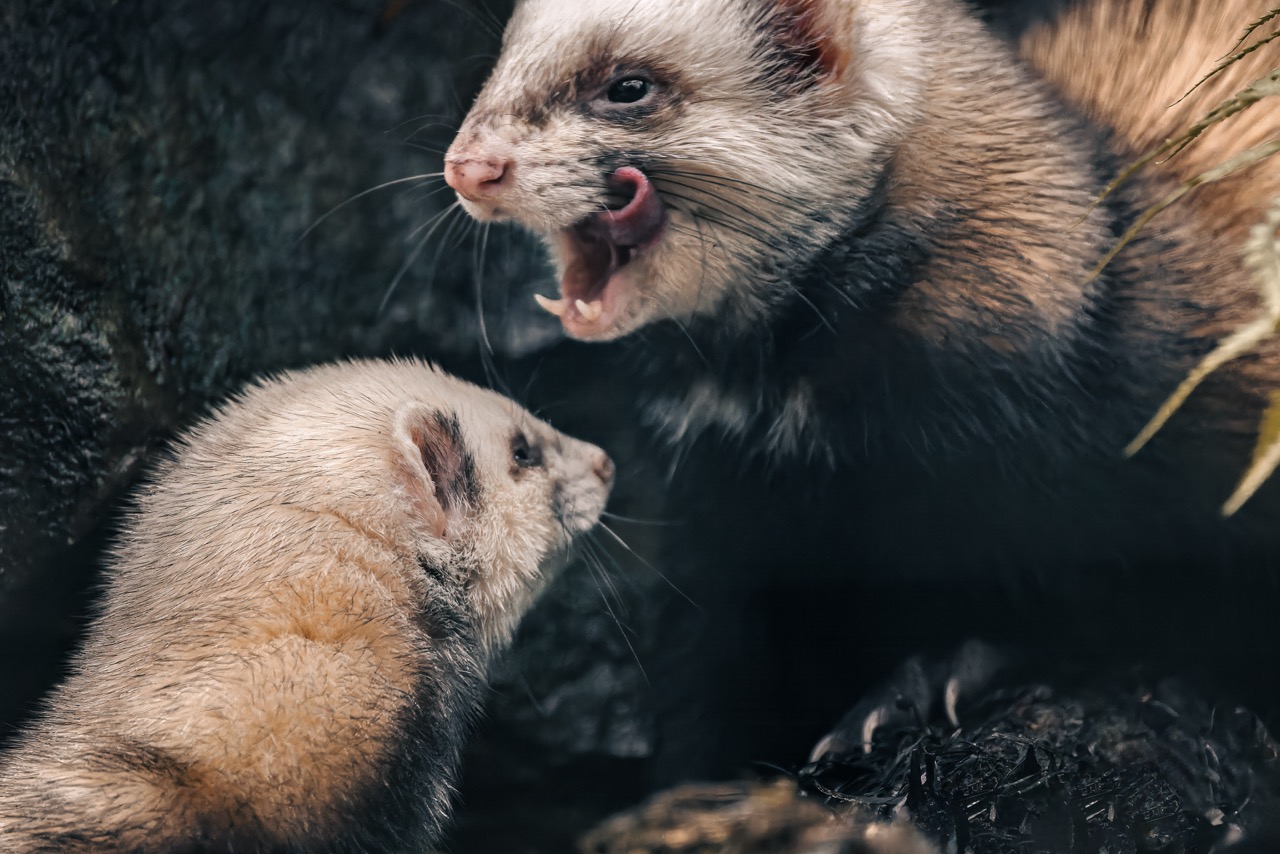Ferrets are beloved pets known for their playful and curious nature. However, one common challenge that many ferret owners face is biting and nipping. Understanding this behavior is crucial for fostering a safe and harmonious environment for both the ferret and its owner. In this article, we will explore the reasons behind ferret biting and nipping, identify triggers that lead to this behavior, and discuss effective techniques to manage it. Additionally, we will highlight the importance of building trust through positive interactions to prevent biting in the first place.
Understanding Ferret Behavior: Why They Bite and Nip
Ferrets, like many animals, use their mouths to explore their surroundings. Biting and nipping can often be a natural part of their play behavior. In the wild, ferrets engage in mock fighting to hone their hunting skills and establish social hierarchies within their groups. When kept as pets, this instinctive behavior may manifest as playful nips during interactions with humans. Understanding that this behavior can stem from their natural instincts is the first step in addressing it appropriately.
However, it is essential to recognize that biting can also be a sign of discomfort or fear. A ferret might nip if it feels threatened or anxious in its environment. This can happen during handling, especially if the ferret is not accustomed to being held or if it feels restrained. Knowing the difference between playful nipping and biting borne out of fear is critical for the welfare of the ferret and the safety of the owner.
Another reason ferrets may bite is due to overstimulation. These energetic creatures can easily become overly excited during playtime, leading to nipping as a way to express their exuberance. It is crucial for owners to be aware of their ferret’s body language and energy levels to prevent unintentional biting caused by overstimulation.
Identifying Triggers: When and Why Ferrets Bite
To effectively manage biting and nipping, it is vital to identify specific triggers that lead to this behavior. Many ferrets may bite when they are startled or surprised. Sudden movements, loud noises, or unfamiliar environments can create anxiety for a ferret, causing it to react defensively. Observing your ferret’s reactions in various situations can help pinpoint these triggers and allow for adjustments in handling and environment to minimize stress.
Additionally, interactions with other pets or people can also lead to biting. Ferrets are social animals and thrive on interaction, but they can sometimes misunderstand the boundaries of play with other animals or humans. If a ferret is playing with another pet, it may escalate to biting if the play becomes too rough or if the other animal exhibits signs of fear. Understanding your ferret’s social dynamics and providing proper introductions and supervision can help mitigate these situations.
Finally, recognizing the signs of discomfort or fear before biting occurs is essential. Indicators such as hissing, puffing up, or attempting to escape can signal that a ferret is not feeling secure. By being attuned to these warning signs, owners can intervene before a situation escalates into biting, fostering a more positive interaction.
Effective Techniques for Managing Biting and Nipping
Once the triggers for biting and nipping are identified, implementing effective management techniques can significantly improve the situation. One of the most effective strategies is to remain calm and avoid reacting dramatically to a bite. Yelling or pulling away may inadvertently encourage the behavior, as ferrets can see such reactions as play. Instead, a gentle but firm statement such as "no" can help communicate that biting is unacceptable.
Redirecting the ferret’s attention can also be a successful technique. Providing appropriate toys for chewing and play can satisfy a ferret’s natural instincts while diverting its focus away from biting humans. Introducing interactive toys that encourage mental stimulation can reduce boredom and hence the likelihood of nipping as a form of play or attention-seeking behavior.
Additionally, establishing a consistent routine for interaction can foster a sense of security for your ferret. Regular playtime and bonding sessions that incorporate gentle handling can create a more relaxed atmosphere and reduce the chances of biting. Consistency in training and handling will teach the ferret what is expected behavior and reinforce positive interactions.
Building Trust: Preventing Bites Through Positive Interactions
Building trust between you and your ferret is crucial to preventing biting incidents. Positive reinforcement is a highly effective way to establish this trust. Rewarding your ferret with treats and praise for gentle behavior encourages it to repeat those actions. Over time, this will help your ferret associate your presence with positive experiences, reducing the likelihood of biting out of fear or anxiety.
Another way to build trust is through gradual acclimatization. If your ferret is hesitant about being handled, take the time to allow it to explore you and your surroundings at its own pace. Let the ferret come to you instead of forcing interaction. This approach can help your ferret feel more at ease, ultimately reducing the chances of biting when you eventually pick it up or interact more closely.
Lastly, establishing a comfortable environment plays a significant role in building trust. Ensure your ferret has a safe space with familiar scents, toys, and places to hide. When ferrets feel secure in their environment, they are less likely to resort to biting as a defensive mechanism. By focusing on creating a positive and trusting atmosphere, you can significantly enhance your relationship with your ferret and minimize biting incidents.
Dealing with ferret biting and nipping can be a challenging aspect of pet ownership, but understanding the underlying behaviors, identifying triggers, and employing effective management techniques can foster a more harmonious relationship. By building trust through positive interactions and providing a safe, stimulating environment, ferret owners can make significant strides in preventing biting incidents. With patience and commitment, both ferret and owner can enjoy a happy and fulfilling companionship.










